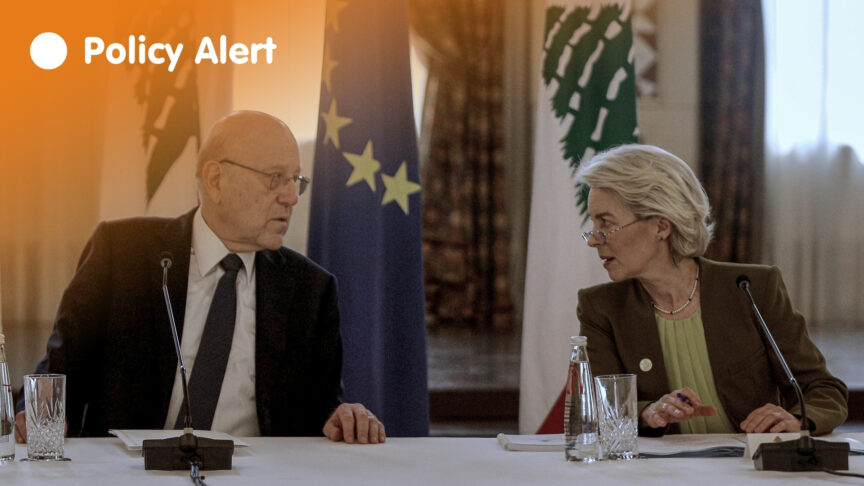
Strategic aid: How the EU-Lebanon migration deal can work
To effectively deter migration to Europe, the EU’s €1 billion aid package to Lebanon must require that Beirut address its deep political and economic troubles

Programme Manager, Middle East and North Africa
Middle East; human rights; refugees; humanitarian issues
Italian, English, French
Kelly Petillo is the programme manager for Middle East and North Africa at the European Council on Foreign Relations, focusing on refugee, humanitarian and human rights issues. Her publications include From aid to inclusion: A better way to help Syrian refugees in Turkey, Lebanon, and Jordan.
Petillo’s experience stems from roles at various human rights and humanitarian INGOs and UN agencies in Europe and the Middle East, including Crisis Action, the International Crisis Group and the UN agency for Palestine refugees (UNRWA). In the past, Kelly carried out research on the impact of the war in Syria on Palestinian refugees since its outbreak in 2011. She also spent time in Lebanon, where she helped convening youth-led events to promote the rights of refugees and migrant workers in the country.

To effectively deter migration to Europe, the EU’s €1 billion aid package to Lebanon must require that Beirut address its deep political and economic troubles
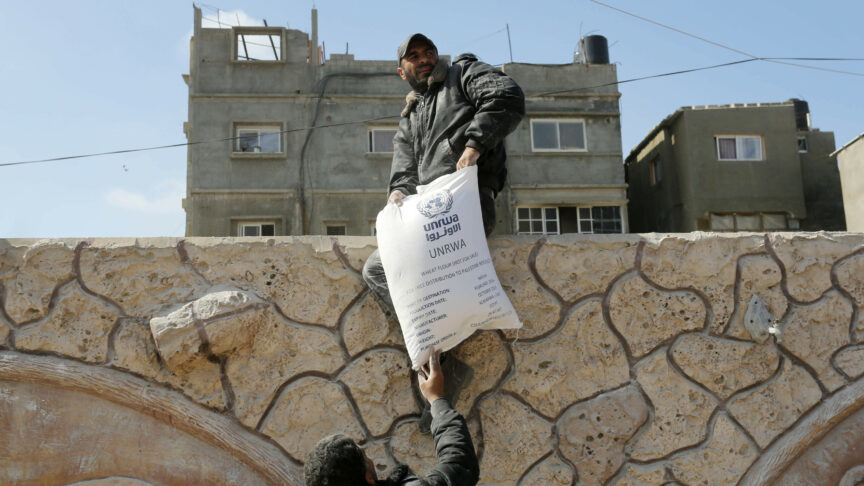
The UN agency dedicated to Palestinian refugees is on the brink of collapse, facing huge funding cuts and a dire situation amid the war in Gaza. But now more than ever, Europeans need to support its operations or risk an even more unstable situation
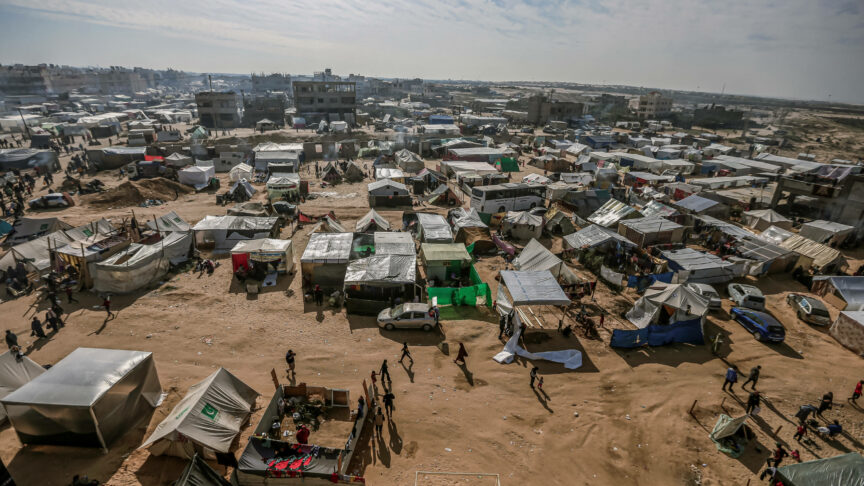
Israel’s expanding ground-offensive threatens to push Palestinians out of Gaza and into neighbouring Egypt. This would worsen an already dire humanitarian situation and risks destabilising Egypt, an important European partner

In the aftermath of the earthquake, minimal aid is reaching north-west Syria, the most affected region in the country. European governments need to put humanitarian imperatives first, even if this means temporarily abandoning longstanding political positions
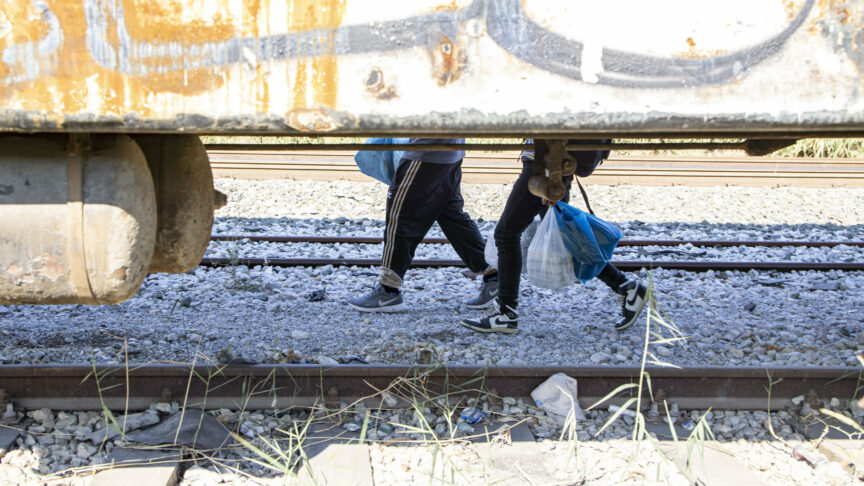
Europeans should adopt a new approach to supporting Syrian refugees – one that would also benefit host communities in Turkey, Lebanon, and Jordan
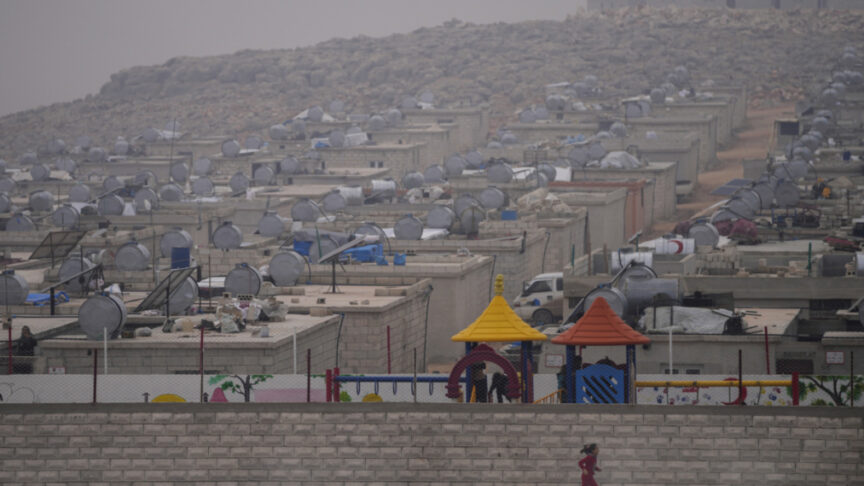
If Turkey and other countries begin deporting more Syrians back to Syria, Europe could experience a new wave of arrivals. European policymakers need to devise a more sustainable, longer-term approach to the issue

Heightened conflict in Ukraine could have serious consequences for European interests in the Middle East and North Africa. It could further disrupt energy supplies, exacerbate food insecurity, and help states in the region gain leverage over the US and Europe
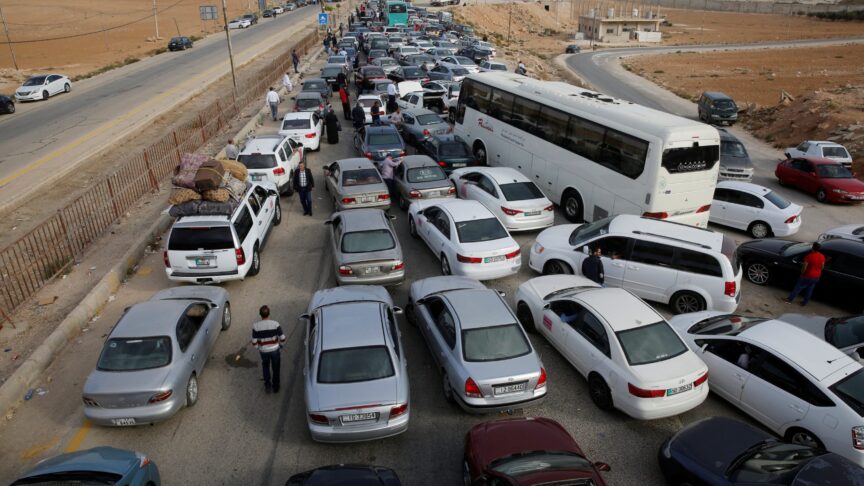
Europeans who have at heart the sustainable return of refugees, in line with Europe’s core interests and with the will of the Syrian people, should focus on ensuring that conditions on the ground in Syria allow for safe, voluntary, and dignified returns
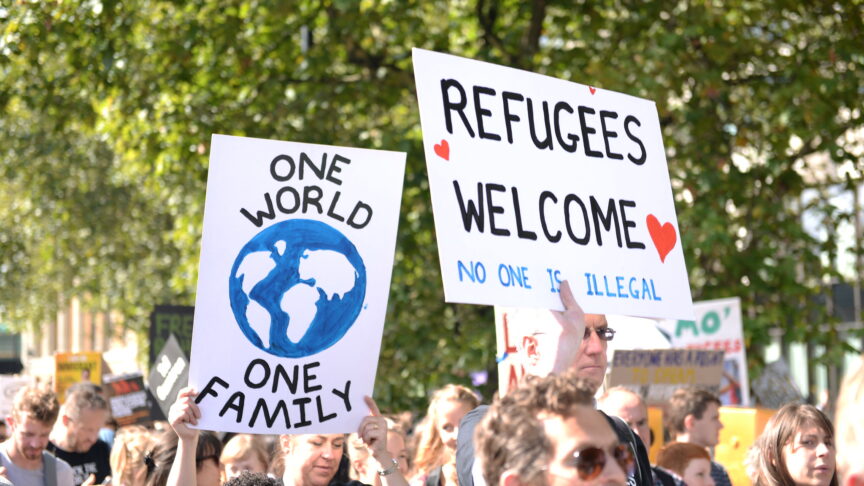
The White House’s intent to restore the global human rights agenda should prompt the EU and its member states to rethink their refugee policies, at a time when refugees and other displaced people face immense challenges
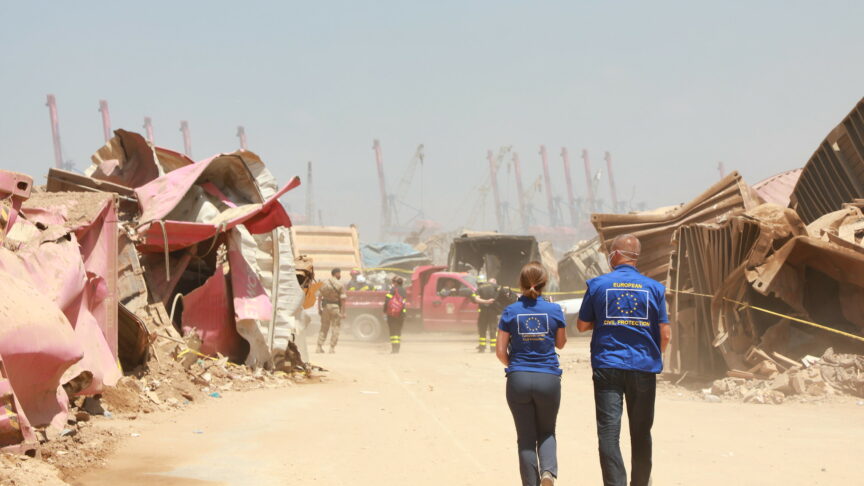
The European Union can provide greater grassroots support to the Tunisian and Lebanese economies – and help avert an economic crisis abroad and political crisis at home

Europeans should adopt a new approach to supporting Syrian refugees – one that would also benefit host communities in Turkey, Lebanon, and Jordan

To effectively deter migration to Europe, the EU’s €1 billion aid package to Lebanon must require that Beirut address its deep political and economic troubles

The UN agency dedicated to Palestinian refugees is on the brink of collapse, facing huge funding cuts and a dire situation amid the war in Gaza. But now more than ever, Europeans need to support its operations or risk an even more unstable situation

Israel’s expanding ground-offensive threatens to push Palestinians out of Gaza and into neighbouring Egypt. This would worsen an already dire humanitarian situation and risks destabilising Egypt, an important European partner

In the aftermath of the earthquake, minimal aid is reaching north-west Syria, the most affected region in the country. European governments need to put humanitarian imperatives first, even if this means temporarily abandoning longstanding political positions

If Turkey and other countries begin deporting more Syrians back to Syria, Europe could experience a new wave of arrivals. European policymakers need to devise a more sustainable, longer-term approach to the issue

Heightened conflict in Ukraine could have serious consequences for European interests in the Middle East and North Africa. It could further disrupt energy supplies, exacerbate food insecurity, and help states in the region gain leverage over the US and Europe

Europeans who have at heart the sustainable return of refugees, in line with Europe’s core interests and with the will of the Syrian people, should focus on ensuring that conditions on the ground in Syria allow for safe, voluntary, and dignified returns

The White House’s intent to restore the global human rights agenda should prompt the EU and its member states to rethink their refugee policies, at a time when refugees and other displaced people face immense challenges

The European Union can provide greater grassroots support to the Tunisian and Lebanese economies – and help avert an economic crisis abroad and political crisis at home
European countries should work to renew the UN Security Council resolution on cross-border humanitarian access to northern Syria, lest the area slides into a deeper humanitarian crisis